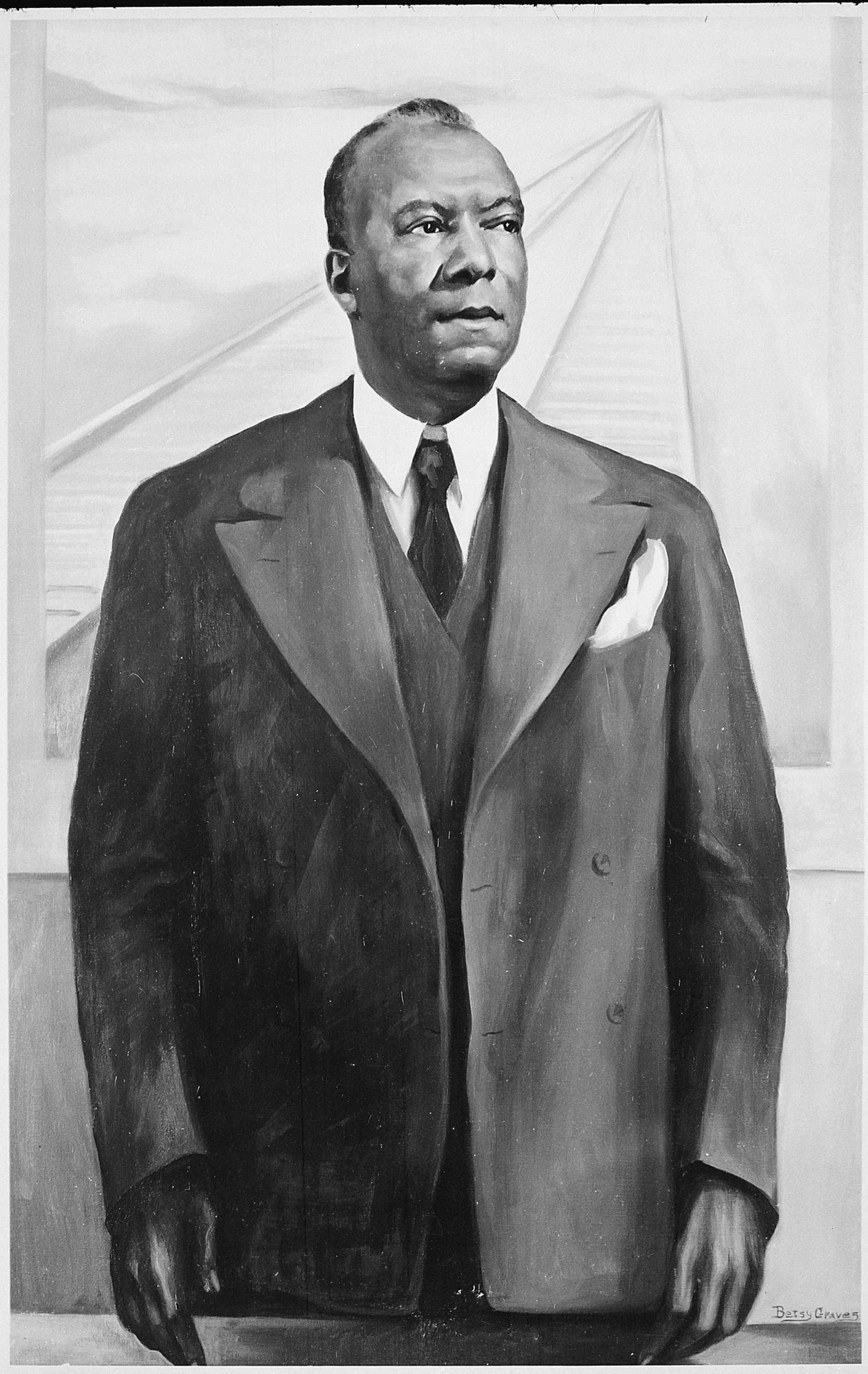 “A community is democratic only when the humblest and weakest person can enjoy the highest civil, economic, and social rights that the biggest and most powerful possess” – A. Phillip Randolph, Why Should We March? (1942).
“A community is democratic only when the humblest and weakest person can enjoy the highest civil, economic, and social rights that the biggest and most powerful possess” – A. Phillip Randolph, Why Should We March? (1942).
Throughout history, innumerable African American leaders have fought to make a more inclusive and just world, and we all benefit greatly from the outcomes of their struggle. In recognition of Black History Month, we feel it is important to highlight several of these leaders and the profound ways in which their work has advanced the labor movement, promoted civil rights, and undeniably influenced our culture. We do this to draw attention to important people we didn’t learn about in school and to honor the ongoing work of African American leaders today.
This week, we’re highlighting A. Phillip Randolph, one of the most influential union and civil rights organizers in American history.
Although Randolph initially wanted to be an actor, and even helped organize the Shakespearean society in Harlem, he quickly became involved with the labor movement. In 1919 Randolph became president of the National Brotherhood of Workers of America, which was the largest group of organized African American workers in the country. A few years later, he helped create and lead the Brotherhood of Sleeping Car Porters (BSCP), the first African American labor union to receive a receive a charter in the American Federation of Labor – an important mark of legitimacy.
As president of the BSCP, Randolph was a powerful voice for civil rights and played an important role in pressuring Franklin Roosevelt to ban discrimination in the defense industries and end segregation in the armed forces. As well, Randolph was a key architect of several marches on Washington, including the famous march of 1963, at which Dr. Martin Luther King Jr. made his famous “I Have A Dream” speech. Moreover, Randolph worked with Dr. King and Bayard Rustin on the creation and publication of the “Freedom Budget,” which aimed to address economic injustices facing the black community (and a variety of other issues). In 1964 he earned the Presidential Medal of Freedom for his efforts to address poverty – a testament to his legacy.
To learn more about A. Phillip Randolph, check out a few of these sources: